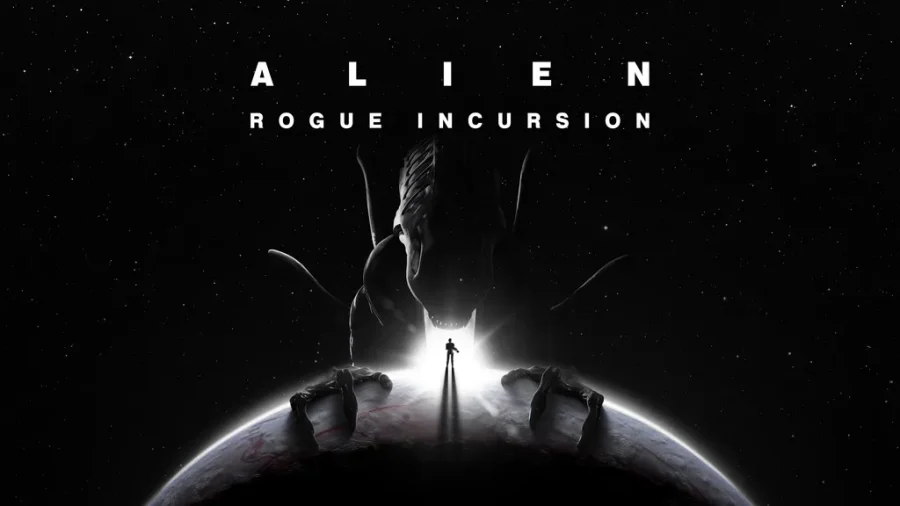At last week’s F8 developers’ conference, Facebook CEO Mark Zuckerberg unveiled plans to offer “instant personalization” all over the Web – a way for websites to become instantly more social. Without even signing in, sites gain access to publicly available Facebook information like your name, profile picture, friend list and more, in order to personalize your experience on the site. At launch, only three partner sites are offering this feature: Microsoft’s new Docs.com, Internet radio Pandora and user review site Yelp. You can opt-out of this experience if you like, but by default, you’re opted in.

These changes have raised concerns among privacy advocates and are even now being questioned by elected officials like U.S. Senator Charles Schumer who is urging the Federal Trade Commission (FTC) to look into how social networks handle our private information.
And yet…and yet… after spending the weekend on these “instantly personalized” sites, I have to admit… begrudgingly, mind you… that the experience itself is amazing.
Online Music Gets Personal, Too Personal?
Pandora’s Internet radio is a service I usually partake in via its mobile application on my iPhone, not its regular website. But after the launch of the newly personalized Pandora, I had to take a look.

And it was worth it.
I immediately discovered which of my friends had the same musical interests as I do. My editor, Richard MacManus, for example, is also a fan of The Killers! Who knew? And apparently, a whole bunch of friends are getting into MGMT now.
But finding connections like these aren’t the only types of discoveries you can make here. As social media user extraordinaire Robert Scoble found out, you can easily discover your friends’ more embarrassing personal tastes too. Kenny G?, Scoble laughingly chides a co-worker after stumbling upon his decidedly unhipster musical interests.
These are precisely the types of things we want to stay hidden. Kenny G, for instance. But also our secret obsession with that attractive actor or actress, our fondness for pictures of cute kitties, our forays into celebrity gossip sites when we have a reputation for being intelligent thinkers, our secret Star Wars addiction and so forth and so on.
While there aren’t “instantly personalized” sites showing you all these types of interests just yet, believe me, there will be. If Facebook has its way (And guess what? It will), your real identity, not just the public parts you’ve willingly shared in the past, will be revealed to anyone and everyone unless you take action to opt-out.
The Real You Can No Longer Be Hidden
This is precisely as it should be, Facebook CEO Zuckberberg more or less said. Earlier this year, he made statements regarding Facebook’s new openness, claiming that if he built the social network now, he would make a lot of the data housed there more public by default. This would reflect the current social norms, he said.
But that’s not exactly true. Facebook isn’t reflecting social norms, it’s attempting to create them.
That said, what an amazing creation it is. On Yelp, I can find the reviews my Facebook friends authored with just a click. I can see who else really digs that local sushi place. And I can do all this without going through the whole re-friending process that Web 2.0 sites have put me through in the past again and again.
I’m there, my friends are there, and I didn’t have to do anything to make that happen. Frankly, it feels right. (Fellow ReadWriteWeb blogger Mike Melanson agrees.)
A Minute on the Lips…
But it’s oh so wrong, isn’t it? By giving into Facebook’s vision for the Web, we’re ceding control of our data, our likes, our interests, our “social graph” (a.k.a who we know, who we friend) – everything – to one company. Historically, one very, very closed company. We’re definitely worried about the implications of that. You should be too.
But in the meantime, like that calorie-rich dessert we know we shouldn’t eat, we’re sampling Facebook’s Web and secretly savoring its deliciousness. Why does everything that’s so wrong have to feel so good?
Blast you, Facebook. Blast you.





















